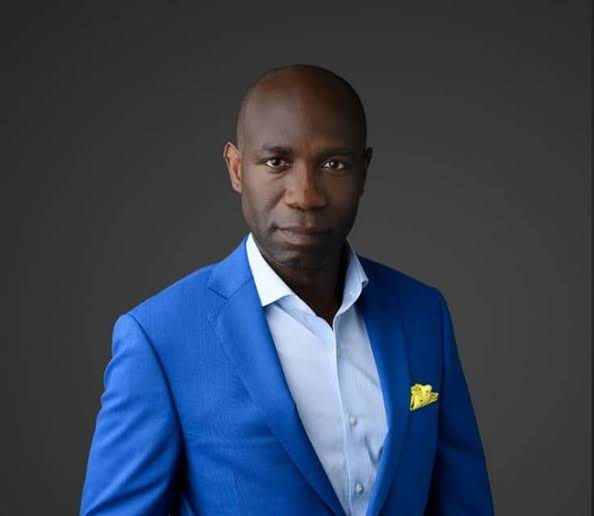Diaspora Star | Chris Abani: The Writer Who Turned Exile, Trauma, and Genius Into Global Influence
- Ajibade Omolade Chistianah
- Nov 14, 2025
- 2 min read

Chris Abani’s name carries weight across continents because his story is impossible to ignore: a gifted Nigerian writer whose early brilliance clashed violently with the political realities of 1980s Nigeria, forcing him into a life where creativity became both resistance and survival. Today, he stands as one of the most respected Nigerian voices in world literature.
Born in Afikpo and raised in a culturally mixed household, Abani’s literary instincts surfaced early. At just 16, he published Masters of the Board, a political thriller whose unsettling accuracy triggered his first imprisonment. More arrests followed each tied to novels, plays, or performances that irritated military regimes. His years in Kiri Kiri prison, marked by torture and the constant threat of execution, shaped the visceral urgency found in works like Kalakuta Republic.
Abani eventually escaped Nigeria after 18 harrowing months on death row, beginning a long exile that took him to England and later to the United States. Instead of retreating, he built a global career grounded in craft, scholarship, and artistic experimentation. With multiple degrees, including a PhD in Creative Writing, he carved out space in academia, ultimately becoming a Board of Trustees Professor of English at Northwestern University.
His bibliography reflects both range and discipline. Poetry collections such as Sanctificum, Kalakuta Republic, Hands Washing Water, and There Are No Names for Red blend spirituality, linguistic play, and historical memory. His fiction, GraceLand, The Secret History of Las Vegas, Song for Night, The Virgin of Flames, Becoming Abigail, interrogates identity, violence, migration, and the fragility of hope.
Awards followed consistently: PEN USA Freedom-to-Write, Prince Claus Award, Lannan Literary Fellowship, Hurston/Wright Legacy Award, PEN/Hemingway Prize, a Guggenheim Fellowship, and the Edgar Award, among others. His work has been translated widely, taught internationally, and performed across stages and festivals.
But it isn’t just the accolades that place Abani firmly at the centre of Nigerian diaspora excellence. It’s the courage of his storytelling, the intellectual weight of his essays, and his insistence on pushing the boundaries of what African literature can sound like. His writing is fearless, blending Igbo cosmology, postcolonial critique, queer subtexts, spirituality, and the rawness of wartime memory. His voice continues to connect Nigeria’s past with the world’s future.
Chris Abani remains a powerful reminder of what happens when Nigerian talent refuses silence. His life is testament to resilience, reinvention, and the ability of art to endure even the harshest repression. In the global literary landscape, he is not just a participant, he is a towering influence.
From a teenage novelist imprisoned for telling the truth to a globally recognised literary force shaping conversations across continents, Chris Abani’s life demonstrates the unbreakable strength of Nigerian creativity. His story is a testament to survival, brilliance, and the power of words to outlive violence.
Chris Abani remains one of the most influential voices in the Nigerian diaspora, a writer who transformed trauma into testimony and exile into global resonance.













Comments